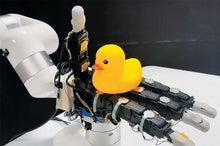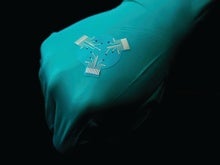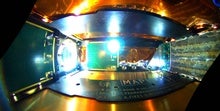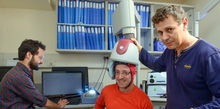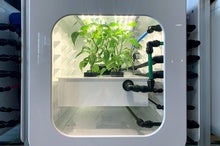 |
| June 14, 2023 |
Tech companies and data brokers are eager to gather and sell the most intimate details of users' lives. To fight back, some people are exploring apps that put a premium on privacy and allow users to control what happens to their own data. In particular, Indigenous groups are developing software that will let their communities find helpful uses for digital technology—while avoiding data colonialism. Read more in this week's top story! |
| | Sophie Bushwick, Associate Editor, Technology
| |
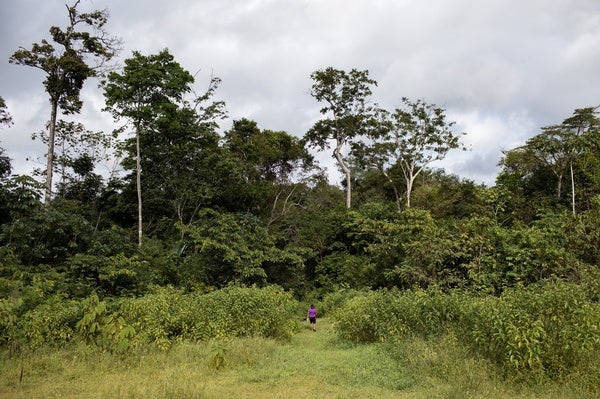 |
| |
| |
| |
| |
| |
| |
| |
| Biotech Brain-Zapping Technology Helps Smokers to Quit Repetitive transcranial magnetic stimulation is already approved to help people overcome addiction to cigarettes, but researchers still have a lot to learn about how to deliver the treatment effectively | | | | |
| |
| |
| QUOTE OF THE DAY
 "These days, many of us live online, where machine-generated content has begun to pollute the Internet with misinformation and noise. At a time when it's hard to know what information to trust, I felt delight when I recently learned that World Book still prints an up-to-date book encyclopedia in 2023." Benj Edwards, Ars Technica | |
FROM THE ARCHIVE
 | | | |
LATEST ISSUES
 |
| |
| Questions? Comments?  | |
| Download the Scientific American App |
| |
| |




